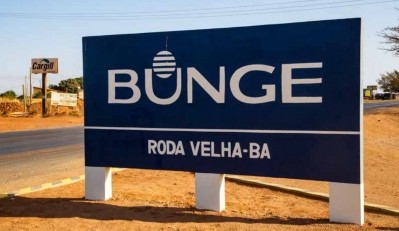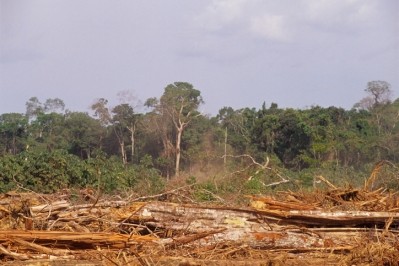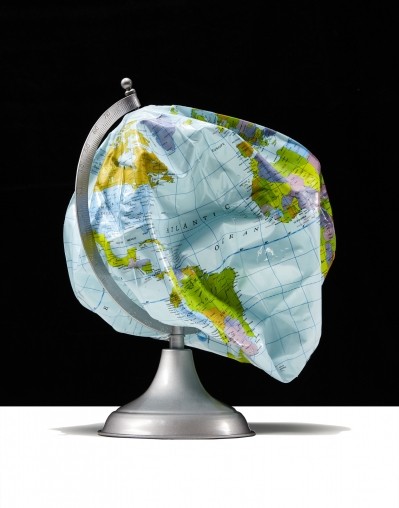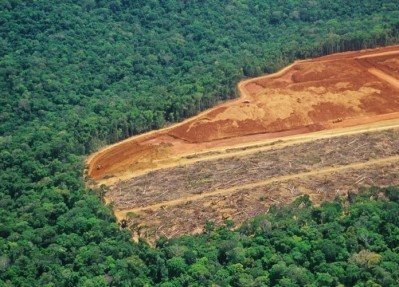Greenpeace blocks soy cargo ship at Dutch port for 18 hours
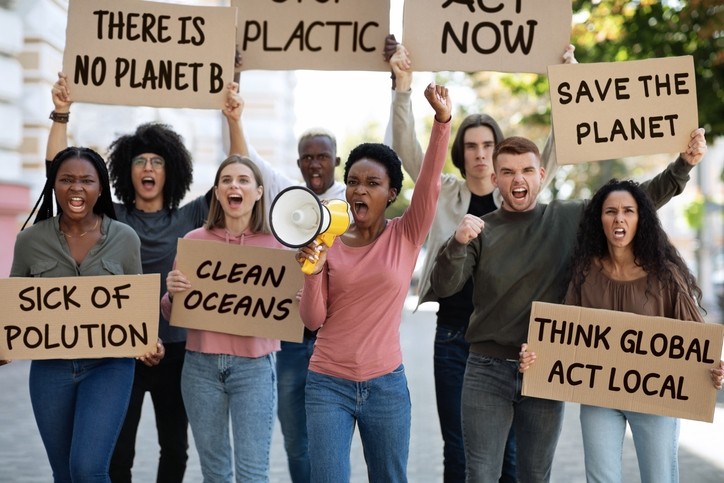
Activists blocked the lock gates that the 225-meter-long Crimson Ace must pass to access the port of Amsterdam. A Dutch port was chosen for the campaign given that the Netherlands is the gateway to Europe for the import of products such as palm oil, meat, and soy for animal feed, said Greenpeace.
The organization said it was engaging in the blockade to ensure that environment ministers from the 27 EU member states, who are meeting on June 28 to discuss a draft anti-deforestation law, will take a strong position to improve that legislation.
November 2021 saw the EU Commission announce a proposal for a new regulation to curb global deforestation and forest degradation driven by EU consumption of certain commodities. This initiative is part of a set of EU Green Deal legislative proposals.
Andy Palmen, director of Greenpeace Netherlands, said:
“There’s a draft EU law on the table that could end Europe’s complicity in nature destruction, but it is far from being strong enough…With this action we sent a clear message to the EU ministers. And we’ll keep pressuring them to turn the proposal into a solid, watertight law."
Two Indigenous leaders from Brazil also took part in the peaceful protest at the sea gate in IJmuiden, Amsterdam. Alberto Terena and Waduwabati Suyá joined the blockade from aboard the Beluga II, Greenpeace Germany’s 33-meter-long ship.
Alberto Terena, indigenous leader of the Terena People’s Council in the state of Mato Grosso do Sul, said:
“We have been driven from our land and our rivers have been polluted with poison, all to make room for agribusiness expansion. Europe shares responsibility for the destruction of our homes. But this legislation can help to stop future destruction. We call on ministers to seize this opportunity, not only to ensure Indigenous people’s rights, but also for the future of the planet. The production of feed for your industrial animals and the beef that is imported should no longer mean our suffering.”
The protest ended with the police detaining 11 activists.
Amendments to draft law
A report for the EU's Committee on the Environment, Public Health and Food Safety (ENVI), published in March, saw suggested amendments to the draft anti-deforestation law, first published late 2021.
MEP Christophe Hansen's publication advised expanding the range of landscapes under the scope of the regulation to include 'naturally generated forests' or 'other wooded land', such as savannahs, and tropical woodlands. That revision was one that had been strongly urged by multiple researchers and NGOs.
Other key changes include the proposed addition of natural rubber and processed beef to the list of targeted commodities, which include soy and palm oil, among others.
"We're really pleased to see Rapporteur Hansen's suggested inclusion of rubber in the EU deforestation regulation, an expanded definition of the landscapes covered to include Brazil’s Cerrado and other ecosystems and tropical woodlands, clear due diligence requirements to respect indigenous peoples and tenure rights of local communities, as well as criminal penalties for repeat offenders,” said Alex Wijeratna, campaign director, at US based not-for-profit group, Mighty Earth.
Greenpeace was less positive. In a social media post, the organization said Hansen's report “comes nowhere near to ending the EU's complicity in nature destruction and human rights abuse – and is a big step backwards compared to what the EU Parliament demanded in 2020. The Parliament must make serious improvements.”
EDIOL, which represents the interests of EU oilseed crushers and the vegetable oil sector, and which deemed much of the original EU Commission legislative draft as “not workable”, identified several positive aspects within the report.
